All Issues
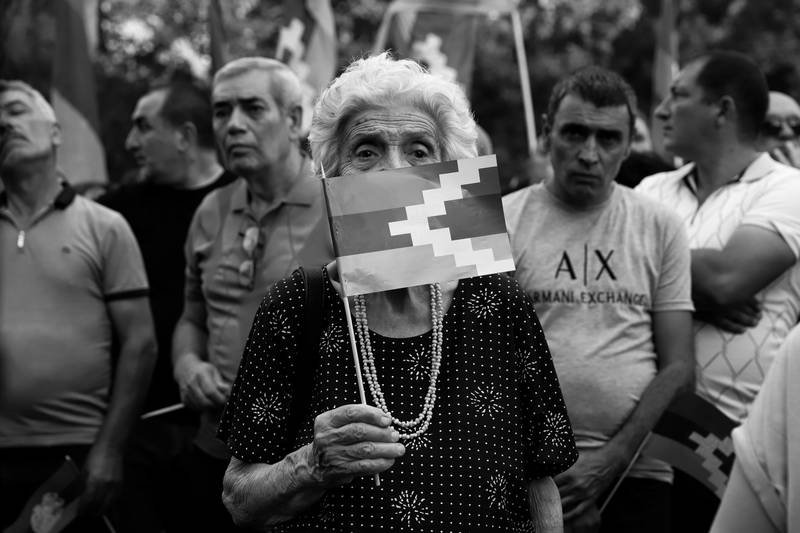

Is the land yours if you burn it?
In NO NIIN Issue 21, our writers bring forward long-term inquiries, current discussions and the diverse significance that land holds in shaping our collective narratives. Exploring artistic practices engaging with bodies, temporalities, and cycles of change, this issue emphasises the site-specificity and geopolitical context for recharging and resisting.
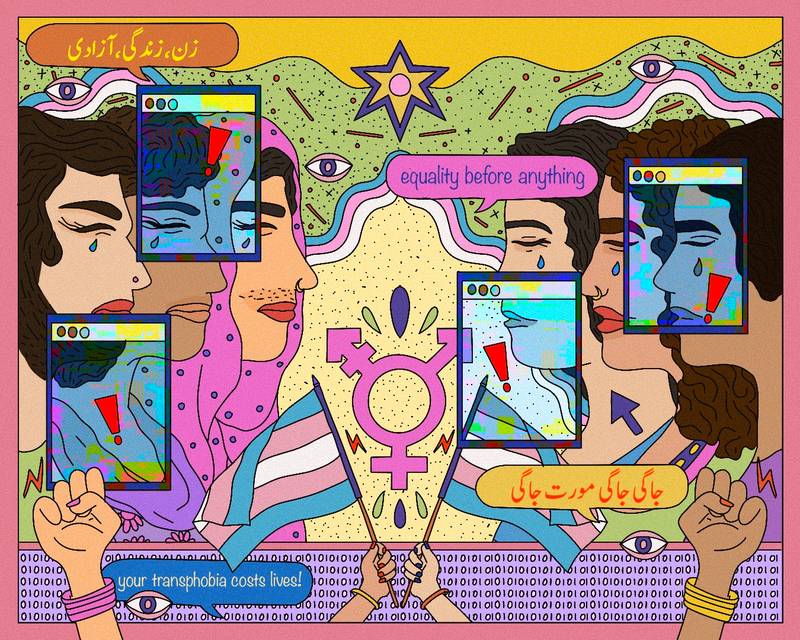

(un)rooted temporalities
NO NIIN Issue 20 brings together (un)rooted temporalities and resistive acts through which we propose our own futurities. We look into how the combination of the internet and religion leads to violent transphobia in Pakistan. In a review of Berlin’s HKW opening exhibition, we ask: What does this new chapter mean for the institution and the city, and does it deliver on its egalitarian promise? The review of Survival Kit 14 asks: What are the guiding principles, ethics, and practicalities of producing a programme that is not fully accessible to the viewers? A review of Love & Anarchy’s African Express—Short Station introduces varied tales from the continent. Conversations with Ani Phoebe, Sasha Huber and Emanuele Coccia explore solidarity work in music spaces and the potential of a political dance floor; remembering and repairing colonial wounds; and the life of plants. The issue concludes with two poems by Abhishek Anicca.
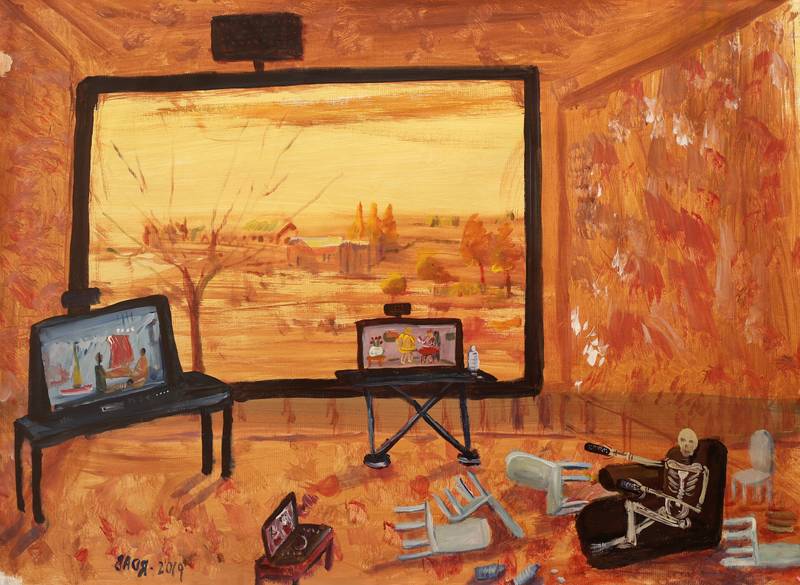

Production of Art in Conditions of Unfreedom
In NO NIIN Issue 19, our writers engage with the political, legal, and creative processes of those working under the conditions of unfreedom, be it Ahmed Rabbani, a Pakistani resident who was held without charge at Guantánamo Bay between 2002 and 2023 and whose artworks depicting imprisonment and torture were confiscated by the U.S. military, or a group of cinephiles in Kirkuk who want to screen films, and by doing that, register everyday life, facilitate long-term solidarity, and manifest subtle instances of individual resistance. In his interview, Liryc Dela Cruz questions bureaucracy and racial discrimination with regard to the Filipino diaspora, particularly domestic workers in Italy, and the importance of holding the West accountable for its colonial past. The issue includes a research paper on the lyrical dimension of artistic research and the research dimension of the lyric poem, followed by two poems by Jared Maxilom.
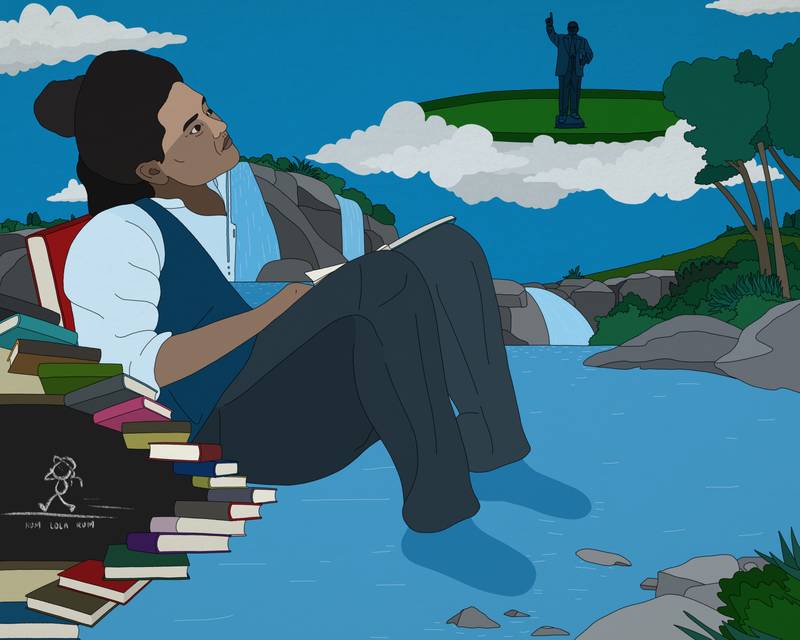

Telltale Tingles to Survive Long Battles
In this issue, our writers look into how close reading interrupts caste in classrooms; facilitating collective transfers of knowledge, and supporting peer feedback practices in transdisciplinary cohorts; questioning globalised and naturalised European modes of living and cultures; the urgency of solidarity against Finland’s 77th government’s anti-immigrant and working-class policies; embodied curating through ethical ways of being and acting; folklore as a knowledge source informing us of social struggles; changing the marginal awareness of Afro Finnish culture as a part of Helsinki’s identity; anti-racism communication as practises of love in Sonya Lindfors’ ‘One Drop; and the double-edged cultural interest in youth in the exhibition Generation 23. The issue concludes with two poems by Renia White.
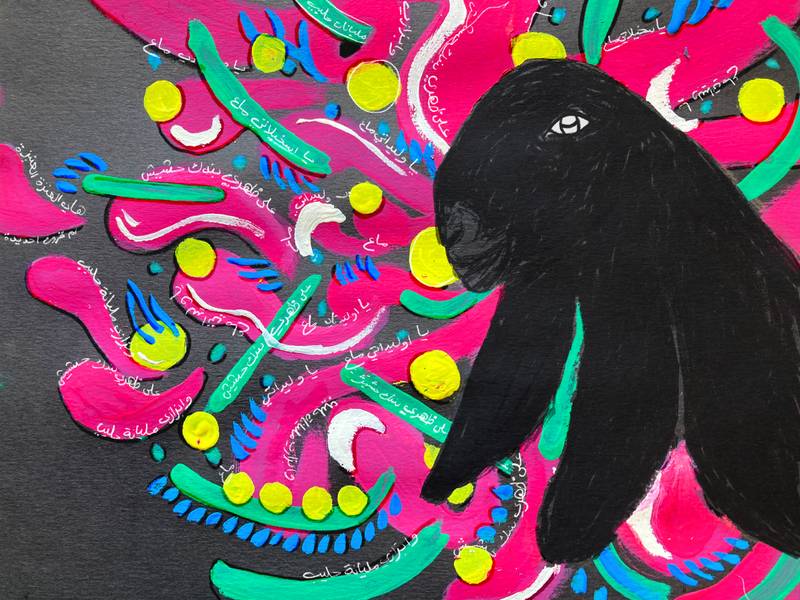

Displacements, Discomforts, Translocations
This issue centres ideas around displacements, discomforts, and translocations. Our writers look into the diversity of the Filipino diasporic experience and the importance of return, shaped by multiple forms of the diaspora; magical-realistic manifestations found in contemporary Palestinian literature and their role in resisting the ongoing effects of the Nakba; navigating hostile spaces for women with disabilities, changing policies, and tying art into livelihood, fun, and friendship; works of artists who have produced art about skateboarding and/or learned from it artistically within Artsi’s FLIP! Skate & Art Exhibition: embracing the unexpected while working with documentary subjects. The issue concludes with two poems by Elyas Alavi.
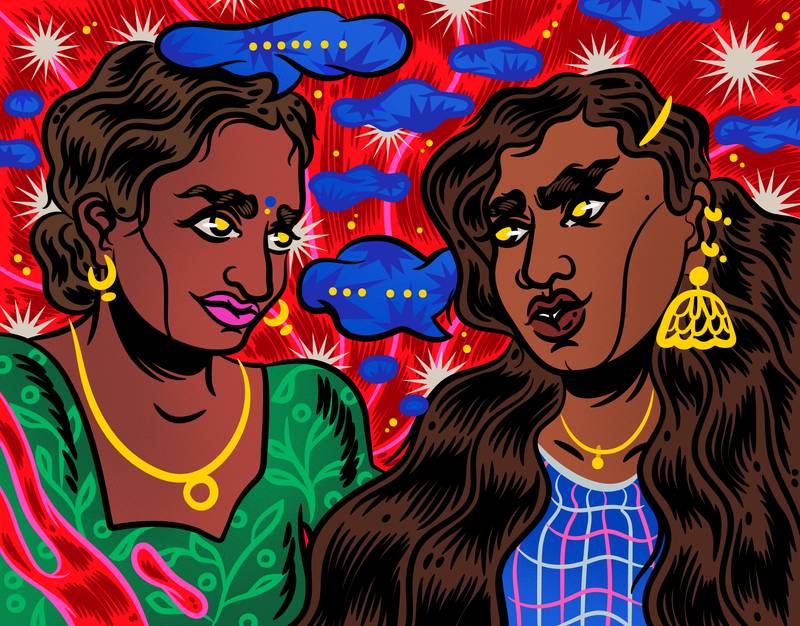

Representation of Disobedient Bodies
This issue examines the discrepancy between the representation of people’s protests in Iran, reflected in their own images, and the works of Shirin Neshat; the pressure to represent Tamilness for non-Tamil audiences; Western film festivals’ priorities in contributing to the global circulation of South Asian films; the pendulum between being political and being politicized as a Sámi artist; questions of wealth and power in an exhibition at the Finnish National Museum that characterizes the wealthy as a “minority group;” and creating critical tools for co-researchers situated in unequal power positions through Romani vernacular storytelling; etc.